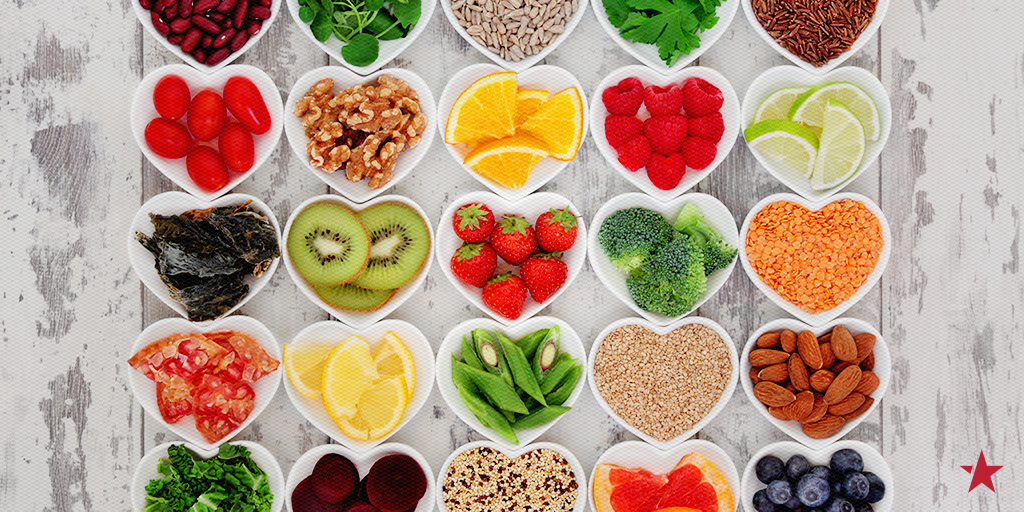 UQ is challenging you to go meat-free on Monday 20 August as part of this year's Sustainability Week! But don't worry, we haven't bitten off more than we can chew – here's why the simple act of reducing your meat intake (or quitting meat altogether) can help the planet ...
UQ is challenging you to go meat-free on Monday 20 August as part of this year's Sustainability Week! But don't worry, we haven't bitten off more than we can chew – here's why the simple act of reducing your meat intake (or quitting meat altogether) can help the planet ...
Food is a major factor in sustainability. In fact, the simple act of choosing what you eat can be the single largest contributor to your personal carbon footprint (even more than electricity and transport), mostly because of where that food might come from and how’s been produced.
Animal products have an especially high carbon footprint. Unfortunately, the livestock industry has a lot to answer for when it comes to harming the planet – approximately 60% of greenhouse gases produced from food are generated from animal products. All those meat and dairy products we love to fill our plates with come at a huge environmental cost:
- Carbon emissions: According to a United Nations report, emissions from livestock comprise a whopping 18% of all greenhouse gas emissions – but Meat Free Mondays points out that other studies have put this figure as high as 51%. Two of these gases are very bad news for the environment: methane, which is 20 times more powerful than carbon dioxide when it comes to global warming, and nitrous oxide, which is over 300 times more potent as a greenhouse gas than CO2.
- Water supply: 500g grams of beef might feed about four people, but it’ll require about 7,000 to 9,500 litres of water to produce—whereas the equivalent amount of plant protein will only use a fraction of that quantity.
- Fossil fuels: In the US, about 40 calories of fossil fuel energy are needed to produce one calorie of feed lot beef—whereas only 2.2 calories of fossil fuel energy are needed to produce one calorie of plant-based protein.
- Oceans, forests and land: Overfishing is a growing problem—the State of World Fisheries and Aquaculture reported that in 2009, 57% of marine fisheries were fully exploited. It’s no better on land—one third of the planet’s landmass has been cleared to farm animals, and in Australia in 2012–13, 91% of agricultural land was used for grazing.
- Factory farming: Factory farms are big contributors to deforestation and pollution—according to Make it Possible, they can generate the waste of a small city and use more food than they actually produce.
For the keen carnivores among us, the idea of giving up meat is likely about as appealing as a bowl of old cabbage—but if you love a good steak, you don’t need to say goodbye for good. Try taking part in the Meat Free Mondays movement, which means having just one meat-free day a week (at least to start off with). Here are some other top tips to help de-meat your diet:
- Do it with a friend or your family—it’s much easier to go meat-free if it’s a team effort!
- Stock up on tasty vegetarian recipes so you never run out of ideas.
- Make an effort to buy locally sourced or organic veggies and protein.
- Find vegetarian-friendly cafes and restaurants so you can still enjoy eating out.
If you really miss your meat, try ‘mock meat’ products, which you’ll be able to find in most supermarkets.



